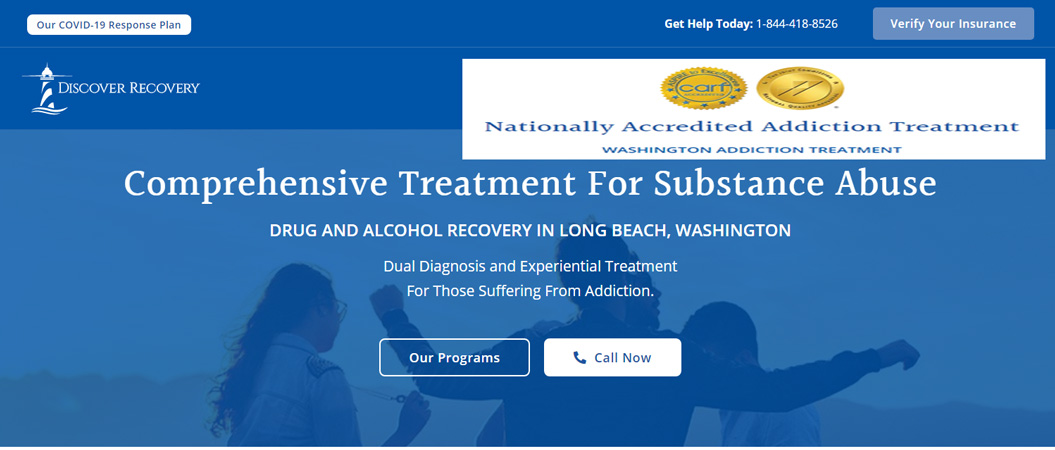Relapse Doesn’t Mean You’ve Failed
Addiction is an illness
One reason that relapse is not indicative of failing is the fact that drug or alcohol dependency is a chronic relapsing illness. As experts have reported, the study supports that addiction is a brain disease since it weakens the brain’s capability to see pleasure and desire, raises a person’s respond to stress, creates cravings and unpleasant emotions when yearnings go unsatisfied, and impairs operating of brain areas associated with handling inhibitions, making decisions, and regulating tendencies.
Because craving is an illness that affects just how the human brain works, relapse is also part of the disease. relapse is not a failure
Relapse is Common
Relapse is a common part of the recovery process. Based on the Country wide Institute on Drug Abuse (NIDA), relapse information show that 40-60% of men and women relapse after concluding treatment. This relapse rate is comparable to that seen with physical ailments, such as asthma and high blood circulation pressure, for which the speed of relapse is between 50-70%.
The probability of relapse after treatment are moderately high, indicating that relapse is a standard part of recovery and not a person failure.
The Discover Restoration recently surveyed 2,136 American adults who either wanted to stop drinking alcohol or had already tried to (successfully or not). Of these, only 29.4% reported not relapsing whatsoever. The major group (32.3%) relapsed back to alcohol used in the first calendar year after stopping. With determination, your likelihood of relapsing reduce the much longer you stay sober: 21.4% relapsed in their second time in recovery, but only 9.6% relapsed in years three through five, and only 7.2% did so after their fifth 12 months in recovery.
Relapse is an indicator You Need to improve Treatment
Rather than seeing relapse as a failure, relapse can be considered a sign that it’s the perfect time to make some changes to your treatment plan. Per the National Institute on Drug Abuse, a relapse reveals a person in restoration will need a conversation with a specialist about altering their treatment or perhaps even returning to treatment. Creating a plan which includes relapse protection strategies are a good idea and decrease the risk of future relapses.
Researchers have found that an effective relapse prevention plan should help visitors to identify the first signs of relapse as well as develop coping skills for coping with stressors, yearnings, and thoughts of using drugs. Cognitive remedy and rest techniques can be helpful interventions for protecting against relapse.
Recovery Involves Creating a New Life
Recovery involves creating a sober lifestyle and completely changing history habits, and it is understandable that there may be relapses during building a new life. Cravings experts clarify that changing your life is the first rung on the ladder in the healing process, and this will involve steering clear of people you used drugs with as well as the places you visited use drugs. Creating a new life also requires changing bad thought operations associated with drug abuse.
Change can be difficult, and there could be relapses on the way, but you’ll be able to business lead a sober life with restoration support. People in recovery may benefit from dealing with a peer support specialist to assist them in building their new sober life.




